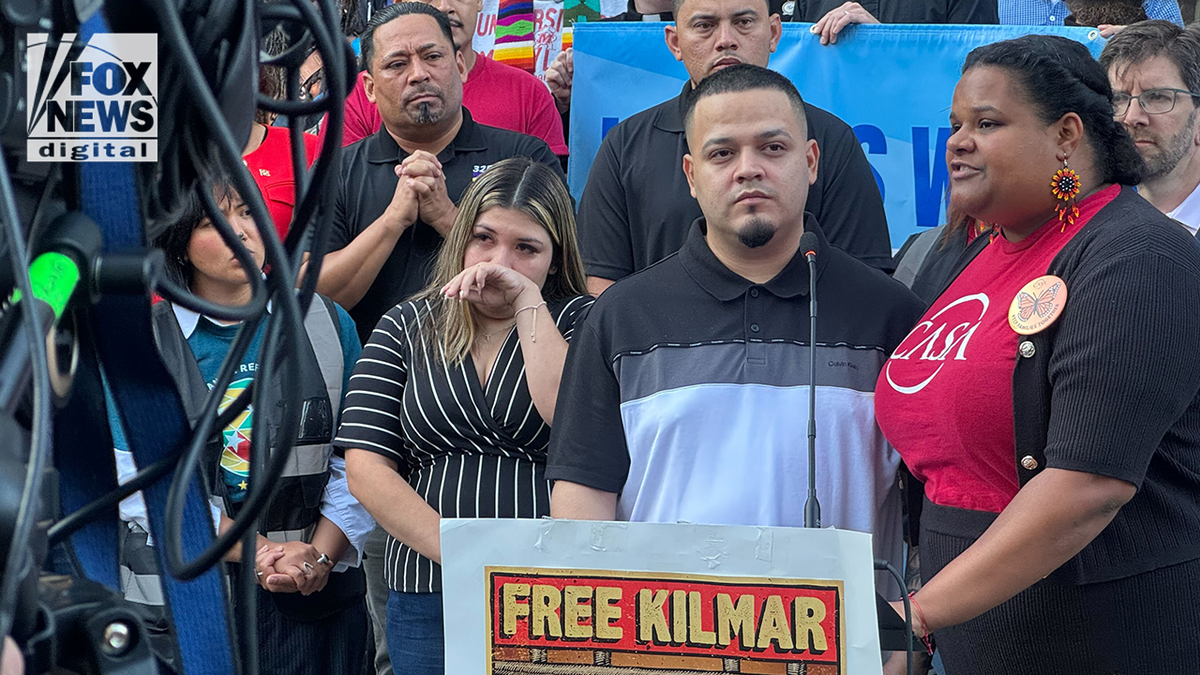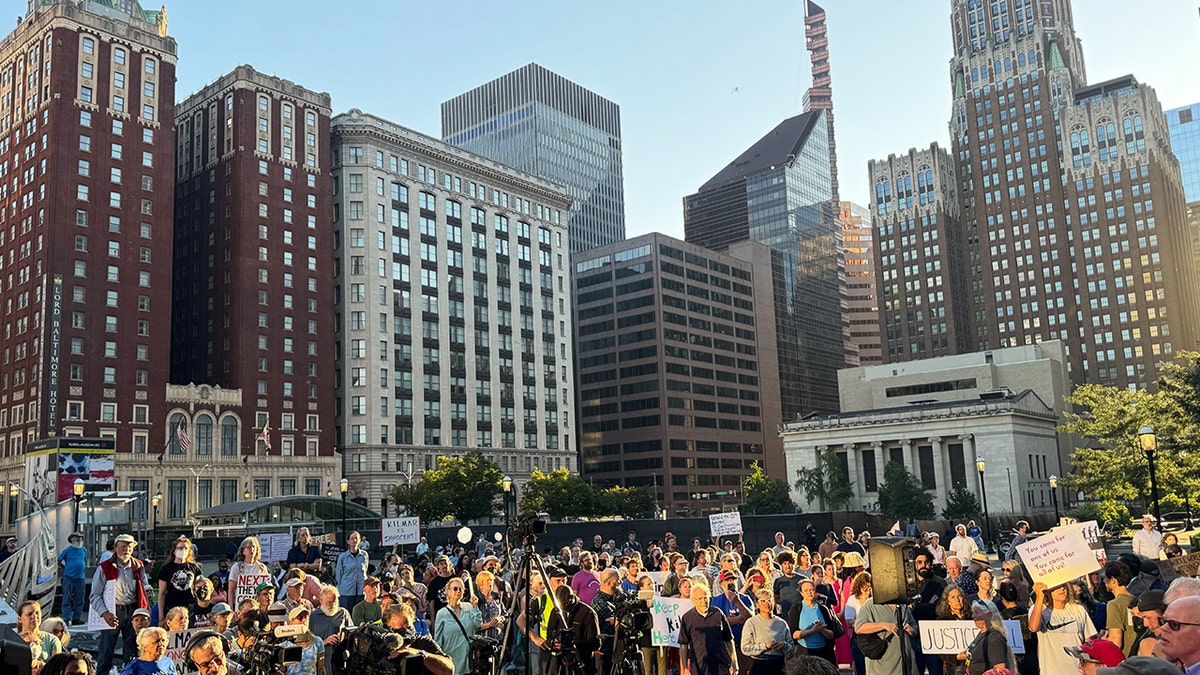Abrego Garcia Case Prompts DOJ Oustings, Clears Way for Trump Deportation Agenda
Testimony by a senior DOJ prosecutor led to suspensions and departures as the department moves to more robustly enforce the administration’s immigration policies.
A high-profile immigration case involving Salvadoran migrant Kilmar Abrego Garcia has sparked the suspension, resignation or firing of several long-serving Justice Department officials and removed obstacles to the Biden administration's predecessor’s intensified deportation priorities, according to DOJ actions and court filings.
The developments trace to testimony in Maryland by Erez Reuveni, a veteran prosecutor who was then the acting deputy director of the Justice Department’s Office of Immigration Litigation. Reuveni told U.S. District Judge Paula Xinis that Abrego Garcia had been removed to El Salvador as the result of an "administrative error." One day after that testimony, senior Justice Department officials placed Reuveni on indefinite administrative leave, saying he had failed to "zealously advocate" for the government; he has since been dismissed from his post.

Abrego Garcia’s case has drawn months of public attention and become a flashpoint over how far the Justice Department will go to carry out President Donald Trump’s immigration agenda. Federal judges involved in related proceedings have raised questions and, in some filings, suggested that certain administration actions may have been taken in bad faith. Those judicial observations and Reuveni’s courtroom concessions have accelerated an internal reordering inside the department.
Justice Department officials, citing internal reviews and litigation strategy concerns, moved to remove or sideline career attorneys whom they viewed as insufficiently aligned with the current administration’s enforcement approach. The personnel changes, which included suspensions and resignations in addition to Reuveni’s removal, were described by some current and former government lawyers as clearing potential internal resistance to a more aggressive deportation posture.

Court records and public statements show that Abrego Garcia was deported to El Salvador even as litigation over his immigration status was ongoing in U.S. courts. The admission that the removal resulted from an "administrative error" has been central to judges' scrutiny of the department’s conduct and has been referenced by attorneys challenging the government’s handling of similar cases.
The case has highlighted tensions between career litigators at the Justice Department, who traditionally defend the government’s actions in court, and political appointees who set enforcement priorities. Officials pushing for a more assertive enforcement posture have emphasized the need to implement the administration’s immigration directives fully; critics say rapid personnel changes risk undermining institutional knowledge and the department’s ability to defend its actions in federal court.

Legal observers said the sequence of testimony, public disclosure and personnel actions will likely shape how the Justice Department litigates immigration cases going forward. The removal of senior career officials from key immigration litigation roles could streamline the department’s capacity to pursue swift deportations in line with administration directives, while also exposing its courtroom positions to heightened judicial scrutiny.
The Abrego Garcia matter remains active in the federal courts, where judges continue to consider claims about the legality and propriety of the removal. Department officials declined to comment publicly on specific personnel actions beyond standard statements that they review litigation conduct and expect career attorneys to represent the government’s positions vigorously. Court proceedings and filings in the case are expected to provide further detail about the circumstances of the removal and the department’s subsequent internal reviews.
The case underscores ongoing debates in Washington about immigration enforcement, the role of career lawyers within the Justice Department, and how internal departmental changes can affect the government’s ability to carry out and defend immigration policy in federal court.